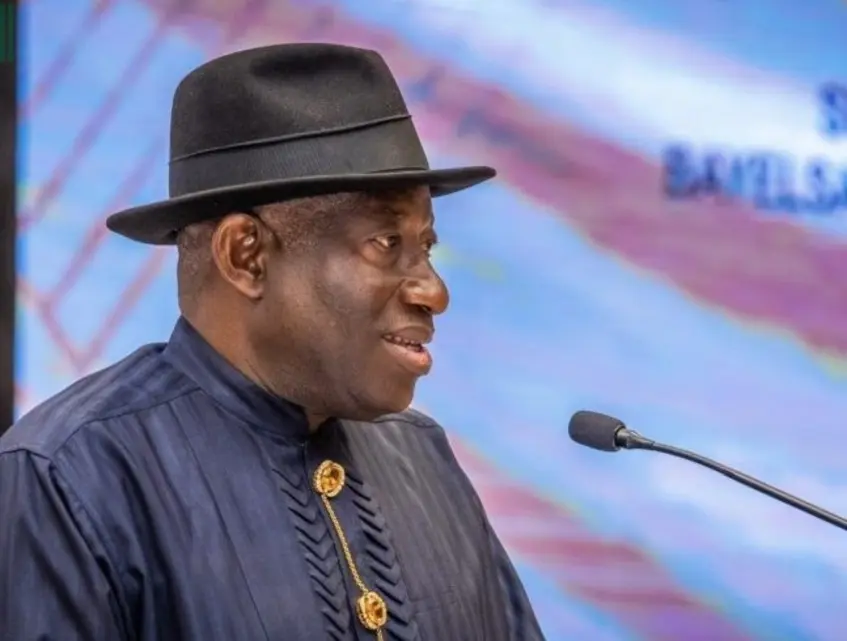As Nigeria’s political landscape buzzes with early speculation about the 2027 presidential race, a key northern Nigerian advocacy group has weighed in on former President Goodluck Jonathan’s potential bid for the nation’s top office. Prof. Tukur Muhammad-Baba, spokesperson for the Arewa Consultative Forum (ACF), argued that the ex-leader must redefine his public image and campaign strategy to position himself as a credible challenger to incumbent President Bola Tinubu.
Speaking during an interview on Arise Television’s Morning Show on Thursday, Muhammad-Baba acknowledged Jonathan’s eligibility but emphasized the need for the former president to demonstrate significant evolution from his previous tenure, which ended in 2015. “He needs to do a lot more to sell himself, to offer himself as an alternative, to show that he’s now different from the Goodluck Jonathan we knew,” he said, suggesting that past criticisms of Jonathan’s leadership may have been politically motivated.
The remarks follow growing speculation about Jonathan’s political ambitions, with sources claiming the Bayelsa-born politician is quietly preparing to reenter the fray. While he governed under the Peoples Democratic Party (PDP) until his defeat by Muhammadu Buhari in 2015, uncertainties persist about whether he would seek the PDP ticket or align with another party. His potential clash with Tinubu, who took office in 2023 amid a contentious election, could reignite debates about regional power dynamics in Africa’s most populous nation.
Muhammad-Baba cautioned, however, that Nigeria’s dire economic realities—including inflation, currency instability, and widespread hardship—pose steep challenges for any aspirant. “Given the difficulties people are facing, it will take a lot more for a politician to convince the electorate they offer a new alternative,” he said, adding that voter skepticism transcends regional divides. His comments reflect broader concerns about public disillusionment with Nigeria’s political class as citizens grapple with dwindling purchasing power and insecurity.
Jonathan’s tenure remains polarizing, remembered both for presiding over economic growth and for security challenges like the Boko Haram insurgency. His unprecedented concession after the 2015 election earned him international praise, but domestic perceptions vary widely. A return would test whether his legacy can be reframed to addresscurrent voter priorities.
While the ACF—a group representing northern Nigerian interests—has not endorsed any candidate, Muhammad-Baba’s remarks signal the intricate calculations shaping Nigeria’s pre-election discourse. With three years until polls open, analysts note that Jonathan’s path hinges on his ability to craft a compelling narrative of renewal while navigating a fractured opposition and an electorate weary of unmet promises.
